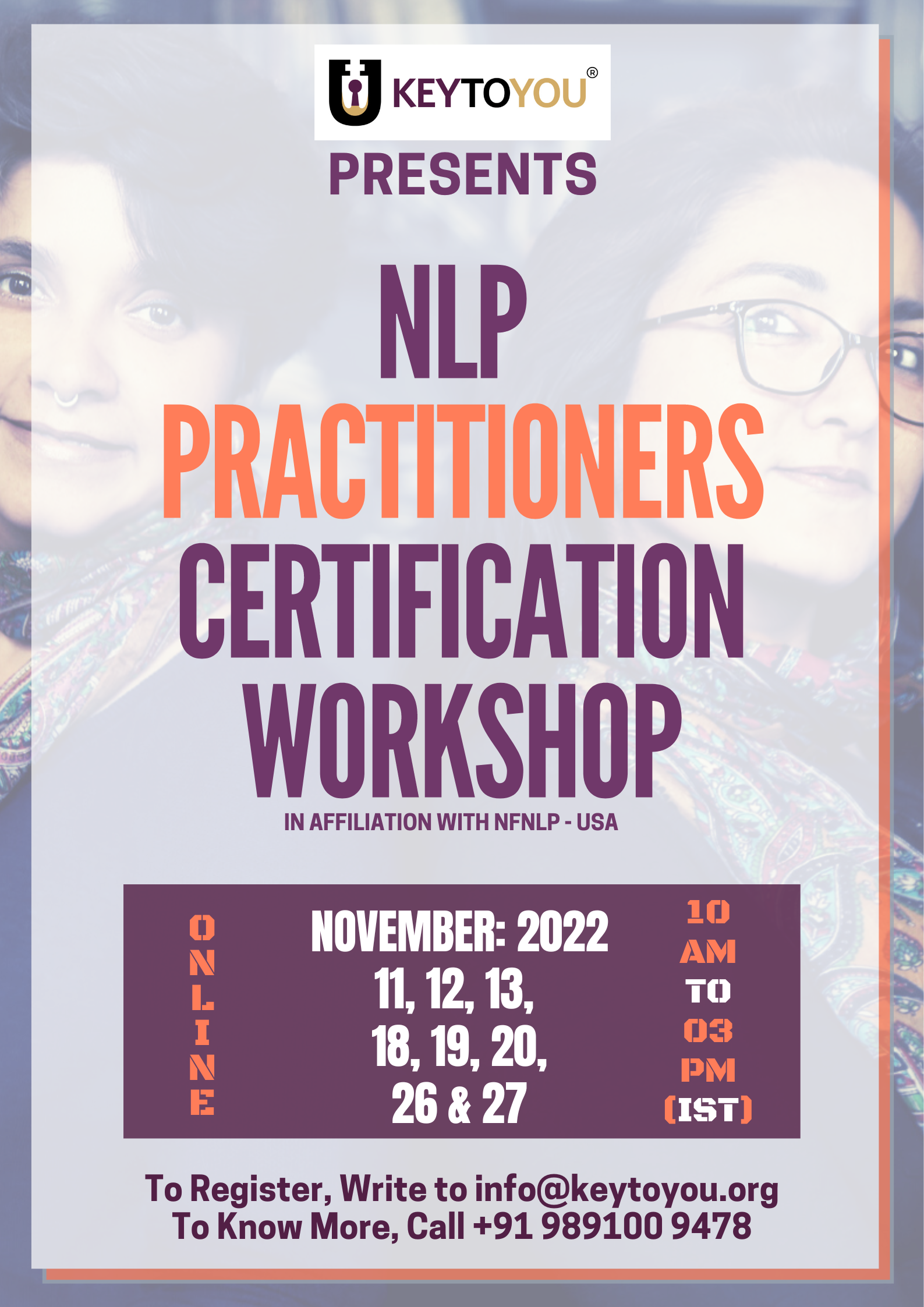“There once was a young boy with a terrible temper. The boy’s father wanted to teach him a lesson, so he gave him a bag of nails and told him that he must hammer a nail into their wooden fence every time he lost his temper.
On the first day of this lesson, the little boy had driven 37 nails into the fence. He was furious!
For the next few weeks, the little boy began to control his anger, so the number of nails hammered into the fence dramatically decreased.
It wasn’t long before the little boy discovered it was more comfortable to hold his temper than to drive those nails into the fence.
Then, the day finally came when the little boy didn’t lose his temper even once, and he became so proud of himself, he couldn’t wait to tell his father.
Pleased, his father suggested that he now pull out one nail for each day that he could hold his temper.
Several weeks went by, and the day finally came when the young boy was able to tell his father that all the nails were gone.
Very gently, the father took his son by the hand and led him to the fence.
“You have done very well, my son,” he smiled, “but look at the holes in the fence. The fence will never be the same.”
The little boy listened carefully as his father continued to speak.
“When you say things in anger, they leave permanent scars just like these. And no matter how many times you say you’re sorry, the wounds will still be there.”
– Author Unknown
Anger is one of the most challenging emotions. If we can’t control and let anger control us, it can destroy us.
Anger is mostly borne out of fear. Fear of losing control, relationships, power, etc. If we can analyze and understand what makes us angry, we can do a lot to keep it in check and thus save ourselves from its after-effects and the damage it can do to us and our loved ones.
Understanding the real reason
The first and foremost thing would be to understand the reason behind your anger. Is it because of our insecurities or fears? You can only work on it if you know the cause of your anger, so you need to understand the reason behind your anger and then need to work on it.
Understanding Imperfection
Sometimes we get angry because we expect everything to be perfect. Remember, perfection is a myth; what’s imperfect for us can be perfect for someone, and perfect for us can be flawed for someone. In other words: nothing is perfect, so don’t expect it. If we believe that things should be perfect, it is almost unavoidable to feel disappointed and hurt.So, we need to let go of our unrealistic expectations.
Suffering is unavoidable
Frustrations and problems are inevitable, no matter how much we try to avoid them. Hence, keeping this in mind, can help us during frustration, which eventually turns into anger. Once we understand the problems and frustrations are a basic fact of life, it can help us reconcile with the situations which can’t be changed or reversed,
Owning the responsibility
If we observe closely somewhere, the real reason for our problems is our actions or decisions that didn’t go as expected and are caused by our negative states of mind.
Let’s own the responsibility and stop blaming others for our problems.
Acceptance
At any point, when faced with any situation, we have two alternatives. Situations which we can change and things we cannot change. If we can change a situation there is no reason to worry; situations that can’t be altered, worrying about them will not help.
Hence before we get angry because of certain situations thinking about it will help enormously.
Empathy
Empathy means being able to feel what other people are feeling. Hence if we can make mistakes, other people can too. Being empathetic makes us more tolerant of others and helps us to forgive them when they make mistakes. We can practice empathy by putting ourselves in other people’s shoes. It will seem a little challenging to start with but is certainly not impossible.
Agree to disagree
Sometimes just because people don’t feel the same way, can make us impatient. Some people will always have different political views, religious beliefs, and other differences of opinions. For some reason, most of us don’t feel comfortable with different point of views. It can make us feel irritated and hostile. As long as their opinion is not causing any harm to anyone, let’s be open and accept it. Let’s agree to disagree on certain things.
Controlling your body reactions when angry
Have you ever noticed when we are angry or just about experiencing anger our body language changes completely? Our hands close into fists, the voice suddenly becomes very loud, our eyeballs become much more prominent, and our palpitation increases. Please remember before you get angry at others, your body goes through lots of changes sometimes, your blood pressure goes up, and your head starts spinning too. Ask yourself is it worth it to make our body go through so much because of someone else’s fault.
Hence, next time you find yourself making fists out of anger, practice mindfulness. Feel all the emotions you are going through, such as tension, hatred, anger, and aggression. Then, amid your anger, open your fists and place the palms together over your heart in the prayer position. Notice how do you feel when you stay in that position.
Also, control your voice when you get angry. When we talk softly, it’s tough to show aggression, which can help the situation. Just introducing mindfulness in these situations can significantly help control our anger.
Practice Meditation
Meditate on compassion, love, and forgiveness. It can help us change the way we think and hence the way we act in not so pleasant situations.
Let’s remember anger has created more problems than solving them. It’s in our hands to control how we react to situations, and with mindfulness, we can certainly control our reactions.
As Dalai Lama has said, “Anger cannot be overcome by anger. If someone is angry with you, and you show anger in return, the result is a disaster. On the other hand, if you control your anger and show its opposite – love, compassion, tolerance and patience – not only will you remain peaceful, but the other person’s anger will also diminish.”
Vibha S Kapil



Very true explanation of anger but it is very difficult to control anger .
How to behave during that moment of anger is really a big challenging task. The techniques written in this article seems to be apt and I will surely inculcate them in my life.
True, Archana… Anger is difficult to control. What helped me was a realization that it harms me more than it does anyone else. Also, it robs us off our rationale. And then bit by bit, you see it ebbing away. It is a process, for sure. These techniques are certainly a great help